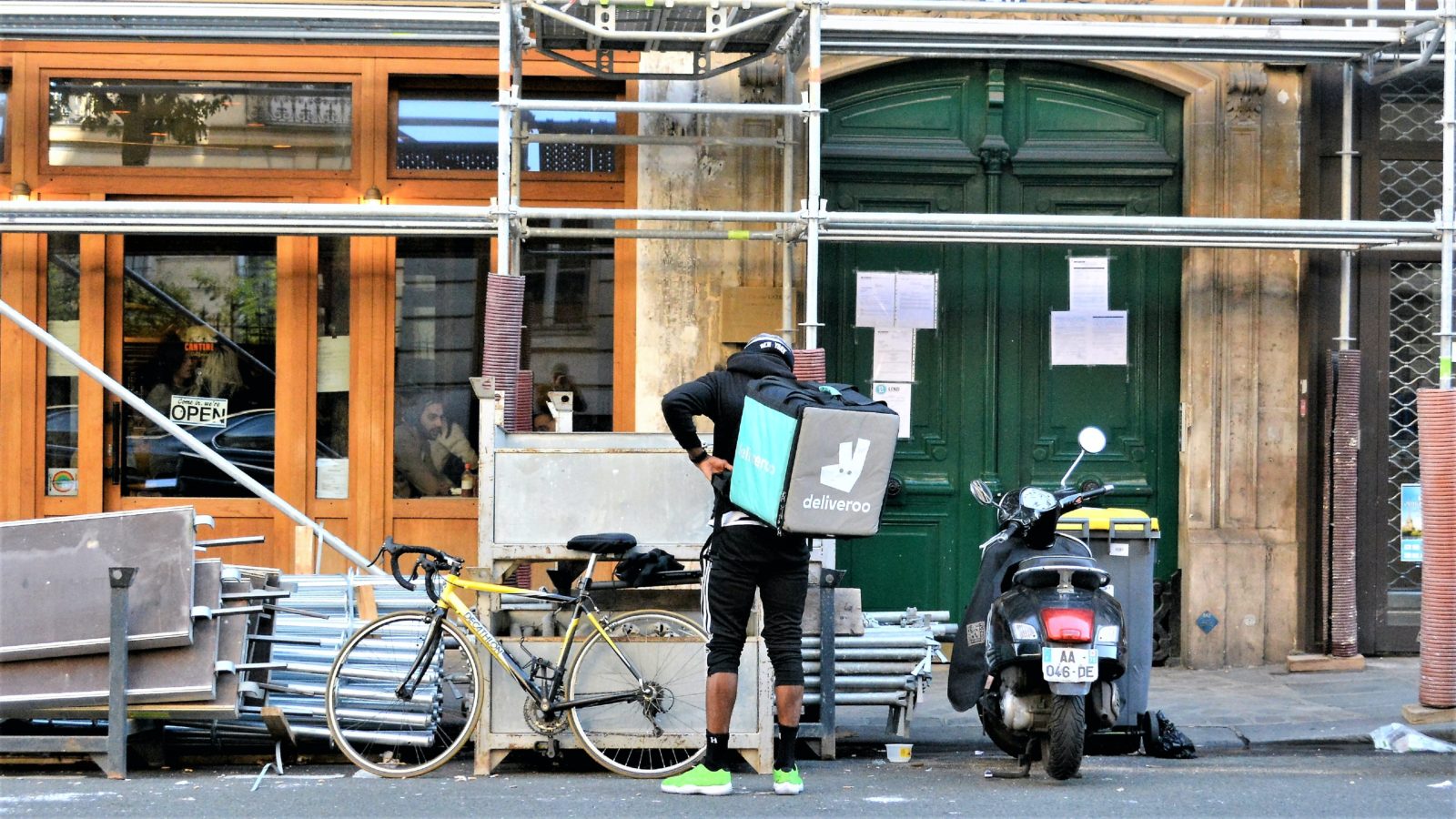On 18 May 2021, the Fair Work Commission decided that a Deliveroo food delivery motorbike rider was an employee, not a contractor, and that his dismissal by email had been unfair. Deliveroo was ordered to reinstate the worker and pay compensation for lost wages.
Commissioner Ian Cambridge found that the worker “was not carrying on a trade or business of his own, or on his own behalf. Instead, he was working in Deliveroo’s business as part of that business.” Deliveroo possessed a high level of control, particularly through its use of algorithms and the collection of data about its drivers and operations, which “supported the existence of employment rather than independent contracting.” This was despite the fact the rider worked for Deliveroo’s competitors at the same time.
This decision offers an opportunity to take a look at recent IR developments in the gig economy which continues to shape the laws relating to the employee/contractor binary more broadly.
Let’s start with an earlier decision by Commissioner Cambridge in 2018 about Foodora (when it operated in Australia). In that decision, the rider was also held to be an employee and Foodora was ordered to pay the worker $15,559 in damages for his unfair dismissal claim.
Elsewhere in the gig economy, Uber had been riding high on a wave of Commission decisions which consistently found its workers were independent contractors in 2017, 2018, 2019, and 2020.
Uber’s winning streak came to an end in December 2020 when a worker and the Transport Workers Union appealed the 2020 FWC decision to the Federal Court and the judges made some terse remarks aimed at Uber about what actually happens in the “real world”. Sensing its luck had run out, Uber quickly settled that case out of court before judgment was handed down.
Indeed, within two months, in February 2021, the UK’s Supreme Court (the highest court in that land) rejected Uber’s arguments that two drivers in London were independent contractors and found instead that they were “workers”. This is a third status between “contractors” and “employees” that does not exist in Australia but entitles drivers to the national minimum wage, paid leave and protection from unlawful discrimination (but not unfair dismissal).
The Australian barrister who ran the UK case for the London drivers against Uber has told the local press that the UK Supreme Court decision should be persuasive in future Australian cases as well.
Another large platform in the food delivery sector is Menulog. It has recently announced it will seek to differentiate itself from its competitors by piloting an employee model in Sydney later this year.
While we are in New South Wales, the State Government there commissioned a Gig Economy Joint Taskforce in November 2020 to respond to five deaths in the sector between September and November last year. The TWU withdrew from the process, labelling it “farcical” but SafeWork NSW proceeded to publish a 28-page “Industry Action Plan” in April 2021, targeting on-the-job safety.
Back in Victoria, against this backdrop, the Andrews Labour Government commissioned an inquiry into the gig economy by the former Fair Work Ombudsman, Natalie James, which looked at the problem of work status and additional concerns impacting the sector.
The James Report was completed in June 2020 and made recommendations to bring about six key outcomes:
- Clarify and codify work status to reduce doubt about work status and the application of entitlements, protections and obligations for workers and business, and align legislative definitions across the statute books;
- Streamline advice and support for workers whose status is borderline;
- Provide fast-track resolution of work status so workers and business do not operate under prolonged doubt about entitlements and obligations;
- Provide for fair conduct for platform workers who are not employees through establishing Fair Conduct and Accountability Standards that are principles-based and developed through a consultative process with relevant stakeholders;
- Improve remedies for non-employee workers to address deficiencies and anomalies in the existing approach; and
- Enhance enforcement to ensure compliance, including where sham contracting has occurred.
On 13 May 2021, the Victorian Government published its response to the Inquiry’s recommendations, indicating it now aims to:
- Develop a code of conduct that better protects on-demand workers;
- Consider a dedicated Victorian support agency to help workers and businesses find clarity around work status and resolve disputes;
- Advocate for strengthened and improved national law reforms including amendments to the Commonwealth Fair Work Act and the Independent Contractors Act to:
-
- clarify and codify work status, similar to the new definition of “casual employee” recently added to the Fair Work Act;
- allow for collective bargaining for platform workers; and
- strengthen provisions that counter sham contracting.
These developments signal where the law might move, whether towards a codified distinction between “employees” and “contractors” in the Fair Work Act, tighter regulation of rider engagement with certain entitlements awarded regardless of status, or the adoption of a third class of “worker” in Australia akin to the UK model.
As an umbrella term, the “gig economy” stretches beyond personal transport and food delivery, including via platforms like Airtasker and industry apps matching specialists who clearly run arms-length businesses. The trick continues to be to provide adequate protections for the vulnerable without impeding the benefits of the ever-changing technologies for others.
Deliveroo has stated that it will appeal the decision of Commissioner Cambridge. If the appeal is unsuccessful in the Federal Court, then this decision could result in a permanent shift in the way that Australian courts and tribunals treat gig economy labour arrangements. The ability to work for others, including competitors, will be downgraded as a determining factor. As Commissioner Cambridge comments, this “must be assessed in the context of a modern, changing workplace impacted by our new digital world.”
Please contact our Employment Team if you would like to discuss your particular workplaces circumstances and how these decisions could effect your employees.














